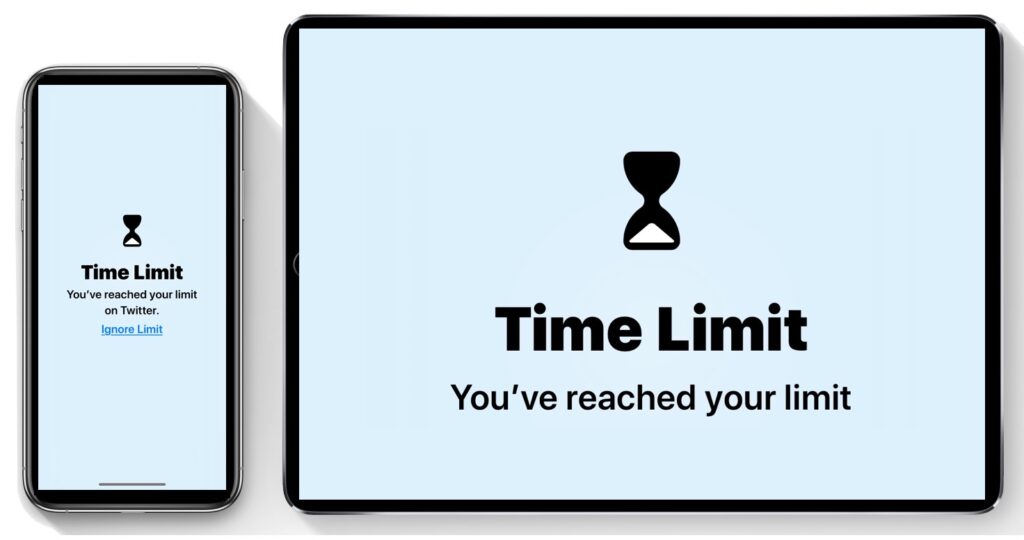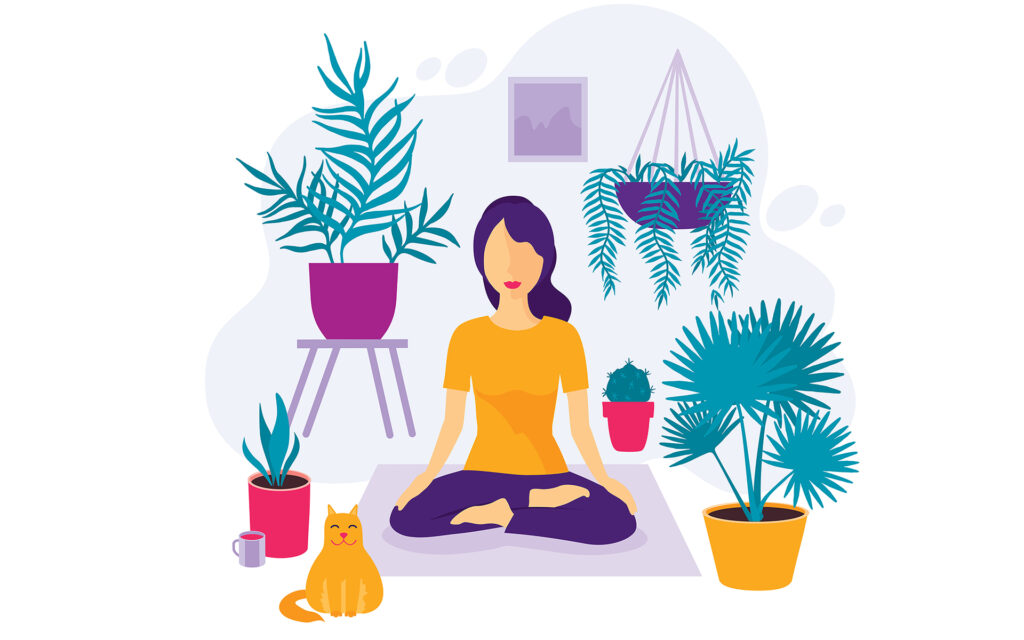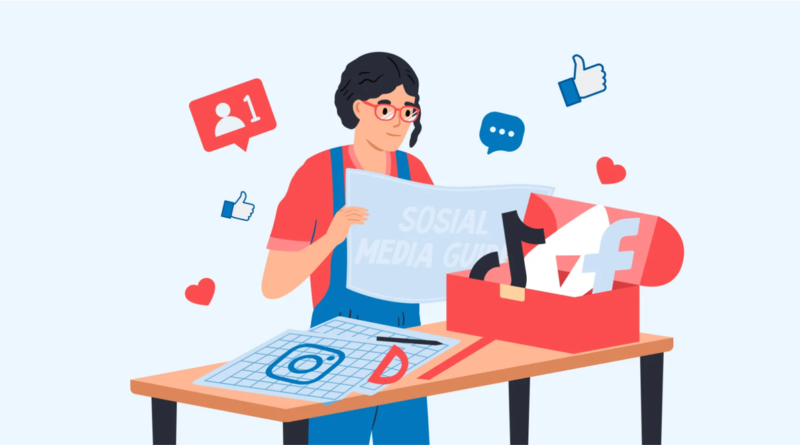Finding Balance in a Digital World: Tips for correctly using social media
Despite the many drawbacks of social media, such as contributing to negative user experiences, making users addicted to social media, and the risk of cyber-attacks, we can’t deny that social media platforms, such as Instagram and TikTok, have facilitate our modern lives to a great extent.
Therefore, one might ask, how can we continue to use social media platforms while minimizing the damage to our mental health? If that person is you, then you should try out the following methods.
Reduce the amount of time spent online
A 2018 study by the University of Pennsylvania found that reducing social media use to 30 minutes a day can significantly help reduce levels of anxiety, depression, loneliness, sleep problems, and FOMO in people. While 30 minutes a day may not be a very realistic goal for us these days, we can still benefit by using our smartphones less often and spending less time on social media each day. You can try disabling social media notifications, because we all know that It’s hard to resist the constant buzzing, beeping and dinging of your phone alerting you to new messages. Turning off notifications can help you regain control of your time and attention.

Change your focus
Many people these days access social media purely out of habit or to mindlessly kill downtime. However, by being consciously mindful of your motivations when you are logging on to social media, you can not only reduce the amount of time you spend on social media, but you can also improve your experience and avoid many of the negative effects. Therefore, nest time before logging into your social media accounts, try ask yourself these questions: Are you using social media as a substitute for real life? Are you an active or passive user of social media? Does social media make you feel inadequate or disappointed in your life? If, after a few moments of reflection, you don’t feel that it is terribly necessary for you to open your social media, why not just leave it in the turn off mode until you find a strong need to turn it on.

Express Appreciation
Feeling and expressing gratitude for the important things in your life can be very effective in helping to alleviate the resentment, animosity, and dissatisfaction that social media can sometimes bring out in people.
Here’s what you can try:
- Take time to reflect
- You can try to spend at least five minutes every day journaling all the good memories and positive things in your life, as well as the things and people you would miss if they suddenly disappeared from your life.
- Practice positive thinking
- Social media can easily cause many people to compare themselves unfavorably to others, thus causing them to indulge in the disappointments and frustrations of life. People in this situation are generally not fully engaged in the present moment, but rather focused on “what ifs” and “what if onlys”. But by practicing positive thinking, you can learn to live more in the present moment, little by little reduce the negative impact of social media on you, and thus improve your overall mental health.
- Volunteer Activities
- Since it’s human nature to want to help all others in need, regularly volunteering in a community not only enriches your community, but also makes you feel happier and more appreciated. Apart from that, volunteering in the community can give you the opportunity to go out into the real world beyond your screen and see nature, which is also very good for your physical and mental well-being.



Sources:
- Robinson, Lawrence. “Social Media and Mental Health.” HelpGuide.org, 29 Mar. 2023, www.helpguide.org/articles/mental-health/social-media-and-mental-health.htm.
- Social media use increases depression and loneliness | Penn Today. (2018, November 9). Penn Today. https://penntoday.upenn.edu/news/social-media-use-increases-depression-and-loneliness

